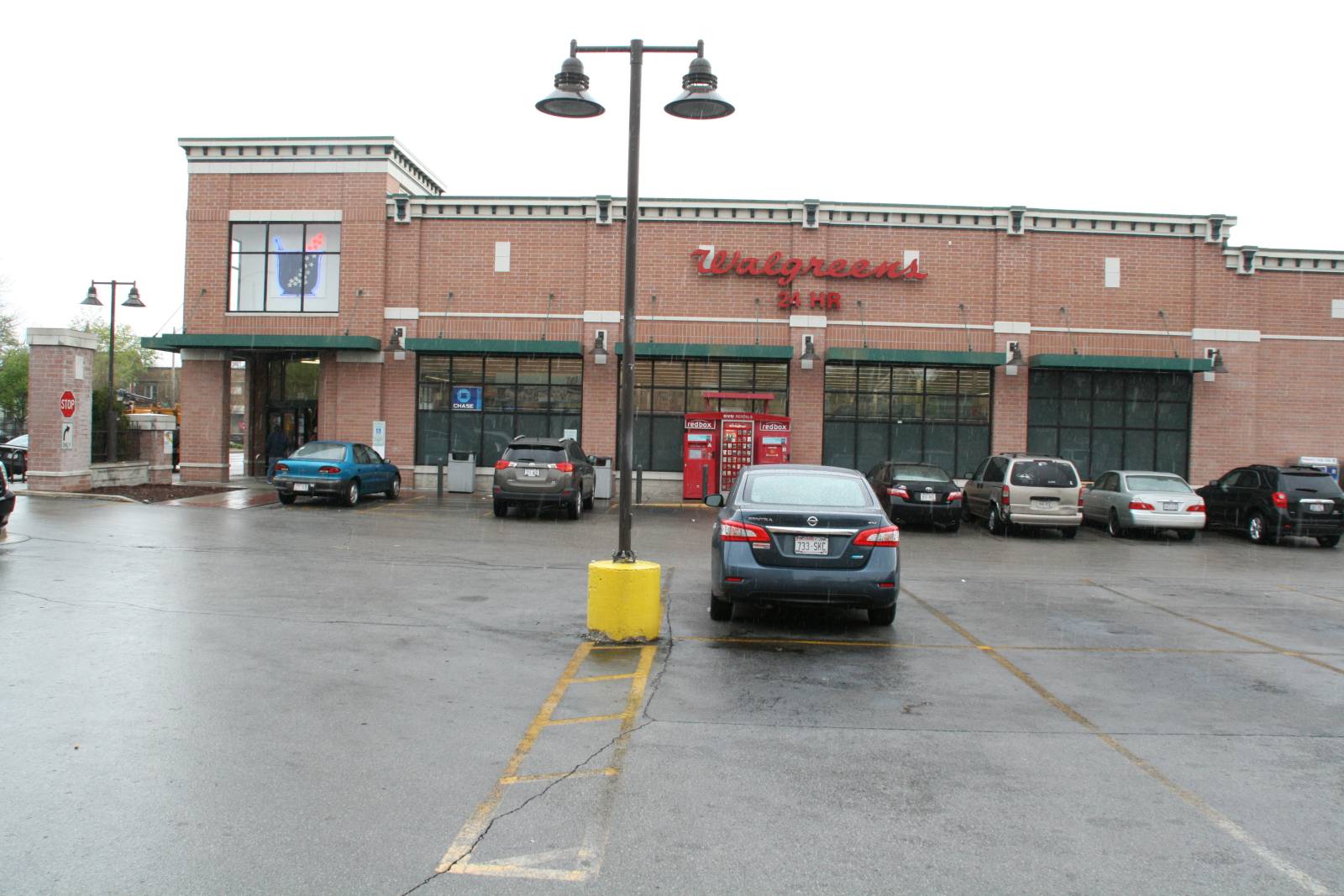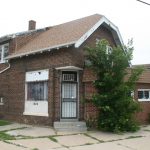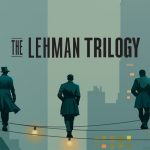Fighting the “Dark Store Loophole”
Big box stores like Walgreens and Menards claim tax loophole. Cities oppose it.
With a resolution recently adopted by the Milwaukee Common Council, the city joins municipalities across the state, and nation, in a fight against a legal loophole allowing large corporations to massively reduce their property taxes.
The “dark store loophole”, as it’s been dubbed, allows “Big-Box” stores like Walgreens and Menards to have buildings with active business assessed at the same value as a similarly-sized vacant buildings, seriously reducing their property taxes.
This assessment change would see behemoth retailers reducing their property taxes by millions, and many municipalities are arguing it would shift the property tax burden onto small businesses and homeowners.
The Common Council resolution that passed unanimously, authored by Ald. Cavalier Johnson, calls on the state legislature eliminate this assessment argument through legislation.
“We want to protect taxpayers here in Milwaukee, Milwaukee County and the state of Wisconsin,” Johnson said at the council meeting Tuesday.
The city is working with The League of Wisconsin Municipalities to urge legislators to take action on the issue. Gail Sumi, communications director for the league, says their lobby team is about to start a webinar to prepare for the effort.
Right now, the group has two pieces of legislation to be introduced, “In the next couple of weeks,” said Curt Witynski, assistant director of the league.
One bill mirrors a 2016 bill passed by the Indiana legislature relating to dark stores, and is authored by Rep. Rob Brooks (R-Saukville) and Sen. Roger Roth (R-Appleton), Witynski says.
The other bill seeks to overturn the 2008 Wisconsin Supreme Court decision on Walgreens v. City of Madison allowing “Walgreens to sell on the investment market for $5 million but be assessed for property taxes at $2 million,” Witynski says.
That bill is authored by Rep. Brooks and Sen. Duey Stroebel (R-Saukville).
During the Common Council meeting Tuesday, Johnson noted that in some areas of Wisconsin as much as 50 percent of the tax burden has been shifted to property owners.
Research by the League of Wisconsin Municipalities shows Milwaukee County communities like Wauwatosa could see homeowners’ property tax increase by 7 percent. This would translate to, on-average, about $380 more per year.
This is what Johnson was talking about when he introduced the new resolution to the Judiciary and Legislation committee on Jan. 30 saying, “We don’t want the property tax burden to shift more, we want it to remain equal.”
But massive retail chains have already begun litigation in communities across Wisconsin arguing for lower valuations. According to the league, a “real world example” is the Lowe’s at 12000 W. Burleigh Street. The company argues the market value for that property is $7.1 million, while the city assesses it at $17.7 million.
That potential $10 million gulf in valuation is an example of what has communities worried, and why cities like Milwaukee are urging the Legislature to take action.






















Menard’s is trying to pull this crap with the City of Rice Lake as I post this comment.
THE “DARK STORE THEORY” IS A PARTIAL INTEREST VALUATION. ANY JURISDICTION OR APPEAL BOARD THAT ACCEPTS A PARTIAL INTEREST VALUATION AS REPRESENTATIVE OF MARKET VALUE DESERVES WHAT THEY GET.
It is the courts, not the municipalities and appeals boards that are allowing the dark store sales to be used in valuation. Unfortunately, the judges do not understand that these dark store sales are not full interest sales that are representative of value for newer operations. First, the big box stores are putting deed restrictions that do not allow the property to be sold to another big box store. If the highest and best use of the property is a big box store, then those are the only buyers who will pay market value for the property. Since these are self imposed deed restrictions, it is not a fair market sale. If I put my 3 bedroom home on the market but was only willing to sell to families with 5 or more children and put a deed restriction that didn’t allow any future owners to sell to families of with less than 5 children, I don’t think I would get the highest value for my home on the market. Secondly, most dark stores are in blighted or declining locations that don’t represent the markets where big box stores are building. They are obviously building their brand new stores in high traffic locations that are on the upswing. Location is the biggest indicator of value and there is a reason the big box store are leaving those locations to go somewhere else. Not to mention, a 30 year old big box store is going to have a large amount of depreciation that you aren’t going to see with a 5 year old building.